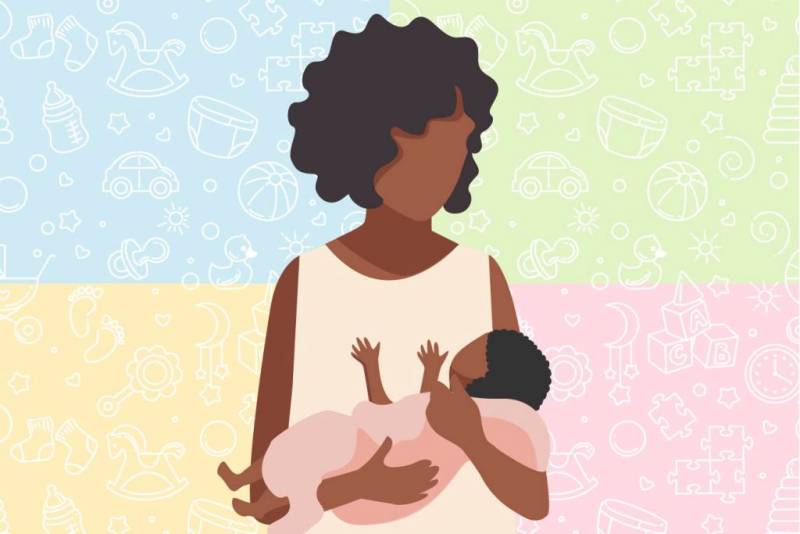Before the pandemic, Medi-Cal covered mothers only up to 60 days after their pregnancies ended unless their income fell below a certain line or they had a mental health diagnosis. Skinner’s bill, part of a broader national push to improve birth outcomes, would expand full Medi-Cal coverage to 12 months after the end of a pregnancy. Other parts of the bill would intensify state reporting and reviews of fetal and pregnancy-related deaths and severe maternal morbidity, expand housing benefits for families that have a pregnant member, and increase training programs for midwives.
Newsom’s $268 billion budget blueprint includes about $200 million a year to fully implement the expansion of Medi-Cal coverage for new mothers, with matching dollars from the federal government until those funds expire in 2027. If the expansion were not renewed, the state would revert to previous Medi-Cal qualifications.
Medi-Cal covered 45% of all births in California in 2017, the last year for which data could be found.
“Not all postpartum issues end at 60 days, and when patients lose insurance, we can’t address them in the usual way,” said Dr. Yen Truong, an OB-GYN who works with the American College of Obstetricians and Gynecologists on legislative issues in California.
About half of pregnancy-related deaths occur during the pregnancy or on the day of delivery, but about 12% take place between seven weeks and a year after giving birth, according to the Centers for Disease Control and Prevention.
The U.S. had 17.4 early maternal deaths per 100,000 live births in 2018, according to the most recent CDC data with state figures. California’s rate, 11.7 per 100,000, was among the lowest in the nation, but the state collects data on maternal deaths in a way that could result in underestimates.
California’s overall numbers also obscure stark racial disparities. Statewide, Black infants averaged 7.8 deaths per 1,000 live births, compared with an average of three deaths among white babies. Data from 2013 from Los Angeles County showed Black women had pregnancy-related deaths at rates more than four times as high as the overall rate in the state’s largest county.
“Given our state’s wealth and medical advancements, this is unacceptable,” Skinner, vice chair of the Legislative Women’s Caucus, said in a news release.
Democrats also appear unified on another aspect of Skinner’s bill: a pilot program to test a universal basic income program for struggling families. The bill would give $1,000 a month to low-income expectant and new parents with kids under 2 years old in counties that decide to participate. Newsom has also proposed $35 million over five years for pilot programs for universal basic income.
